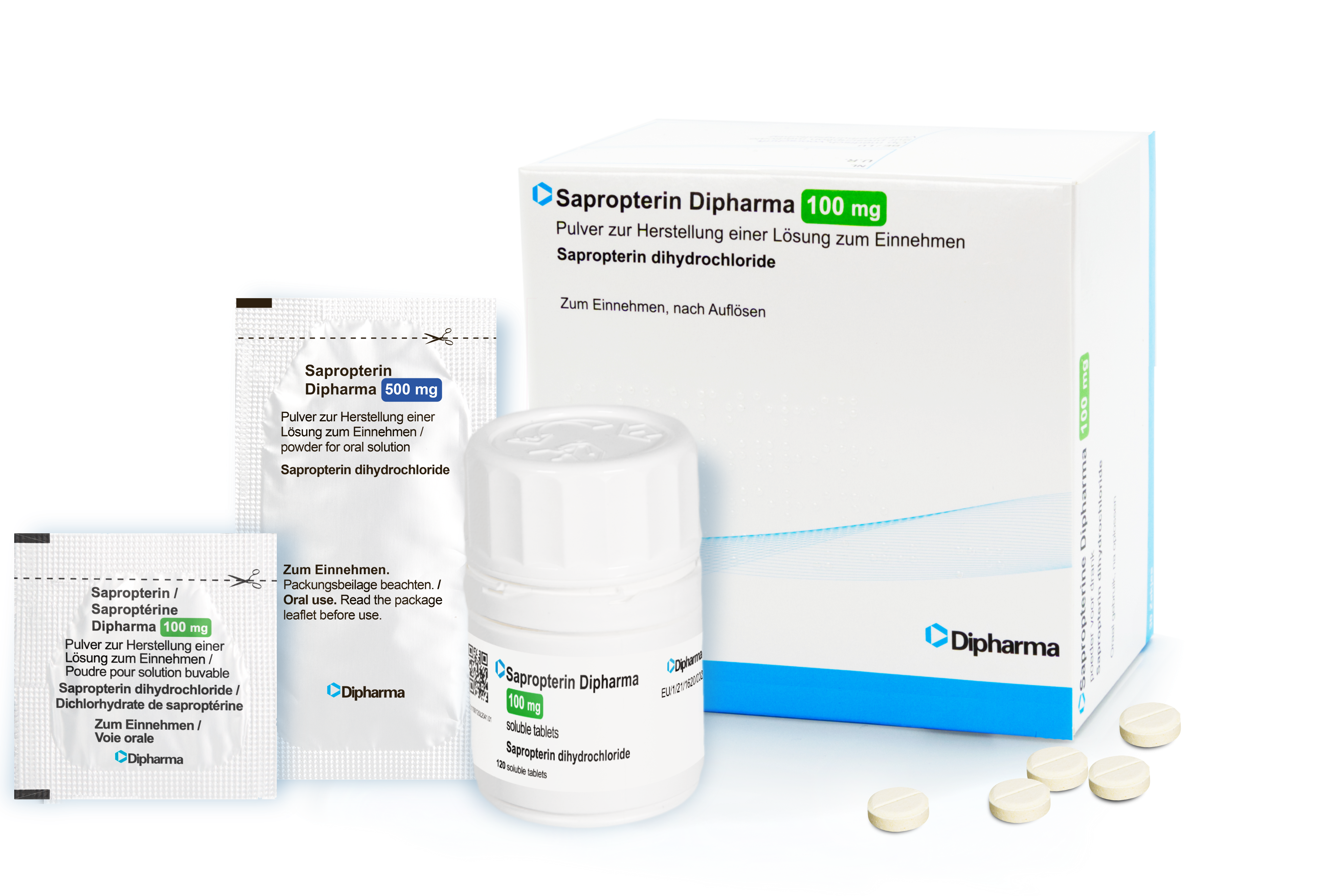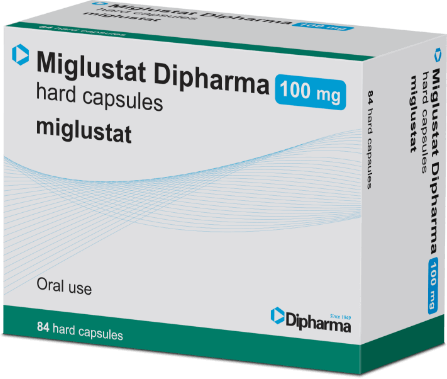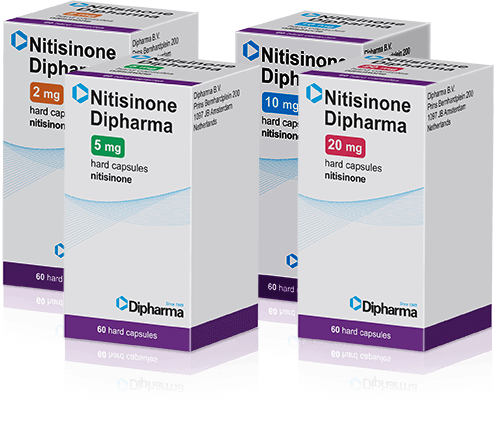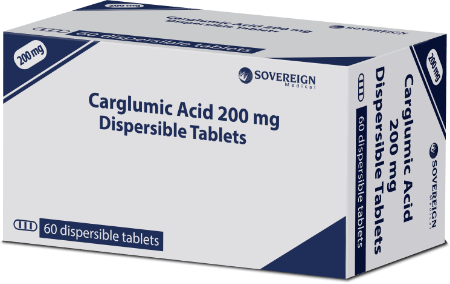Our Products

Sapropterin Dipharma
100 mg soluble tablets, are currently approved in the EU, UK, Switzerland, selected South East Asia, Middle East and LATAM countries. *
100 mg and 500mg sachets are currently approved in the EU, UK and Switzerland.*
Sapropterin dihydrochloride is a synthetic version of the naturally occurring 6R-BH4, which is a cofactor of the hydroxylases for phenylalanine, tyrosine and tryptophan. The rationale for administration of Sapropterin Dipharma to patients with BH4-responsive phenylketonuria is to enhance the activity of the defective phenylalanine hydroxylase and thereby increase or restore the oxidative metabolism of phenylalanine (Phe) sufficiently to reduce or maintain blood Phe levels, prevent or minimize further Phe accumulation, and increase tolerance to Phe intake in the diet. The rationale for administration of Sapropterin Dipharma in patients with BH4 deficiency is to substitute the deficient levels of BH4, thereby restoring the activity of phenylalanine hydroxylase.
Therapeutic indications
Treatment of
- hyperphenylalaninemia (HPA) in sapropterin-responsive adult and paediatric patients with phenylketonuria.
- tetrahydrobiopterin (BH4) deficiency.
For more information about this product and its availability in your country, click here.
* Dipharma SA operates respectfully of any third-party IP rights and/or regulatory exclusivities that may exist in each specific country. Therefore, this product may not be available in every country and/or with full therapeutic indications.
Miglustat Dipharma
100 mg hard capsules, currently approved in the EU and the US .
Miglustat is an inhibitor of glucosylceramide synthase, the enzyme responsible for the first step in the synthesis of most glycolipids. The inhibitory action on glucosylceramide synthase forms the rationale for substrate reduction therapy in Gaucher disease. Treatment with Miglustat Dipharma can also reduce the progression of clinically relevant neurological symptoms in patients affected by Niemann-Pick type C disease, that are considered secondary to the abnormal accumulation of glycosphingolipids in neuronal and glial cells.
Therapeutic indications
- Oral treatment of adult patients with mild to moderate type 1 Gaucher disease for whom enzyme replacement therapy is unsuitable.
- Treatment of progressive neurological manifestations in adult patients and paediatric patients with Niemann-Pick type C disease.
For more information about this product and its availability in your country, click here.


Nitisinone Dipharma
2 mg, 5 mg, 10 mg and 20 mg hard capsules, currently approved in selected EU countries.
Nitisinone is a competitive inhibitor of 4-hydroxyphenylpyruvate dioxygenase, an enzyme which precedes fumarylacetoacetate hydrolase in the tyrosine catabolic pathway. By inhibiting the normal catabolism of tyrosine in patients with hereditary tyrosinemia type 1 (HT-1), nitisinone prevents the accumulation of the toxic intermediates maleylacetoacetate and fumarylacetoacetate.
Nitisinone treatment leads to normalised porphyrin metabolism with normal erythrocyte porphobilinogen synthase activity and urine 5-aminolevulinate levels, decreased urinary excretion of succinylacetone, increased plasma tyrosine concentration and increased urinary excretion of phenolic acids.
Available data from a clinical study indicate that in more than 90% of the patients, urine succinylacetone was normalized during the first week of treatment.
Therapeutic indications
- Treatment of adult and paediatric (in any age range) patients with confirmed diagnosis of hereditary tyrosinemia type 1 in combination with dietary restriction of tyrosine and phenylalanine.
For more information about this product and its availability in your country, click here.
Carglumic Acid Waymade
200 mg Dispersible Tablets, currently approved in selected EU countries
Carglumic acid is a structural analogue of N-acetylglutamate, which is the naturally occurring activator of carbamoyl phosphate synthetase, the first enzyme of the urea cycle. In patients with N-acetylglutamate synthase deficiency, carglumic acid was shown to induce a rapid normalisation of plasma ammonia levels, usually within 24 hours. When the treatment was instituted before any permanent brain damage, patients exhibited normal growth and psychomotor development.
Therapeutic indications
Therapeutic indications
- Treatment of hyperammonaemia due to N-acetylglutamate synthase primary deficiency.
For more information about this product and its availability in your country, click here.

Dipharma SA informs that the following pages are reserved to Health Care Professional (HCP). In no event Dipharma SA and its affiliates companies shall be liable for any use or exploitation of the information contained in the following pages if not previously authorized in writing by Dipharma SA. By clicking on the following link, you declare under your own responsibility to be an HCP and to accept the conditions here above described.
Accept and proceed
 English
English Deutsch
Deutsch